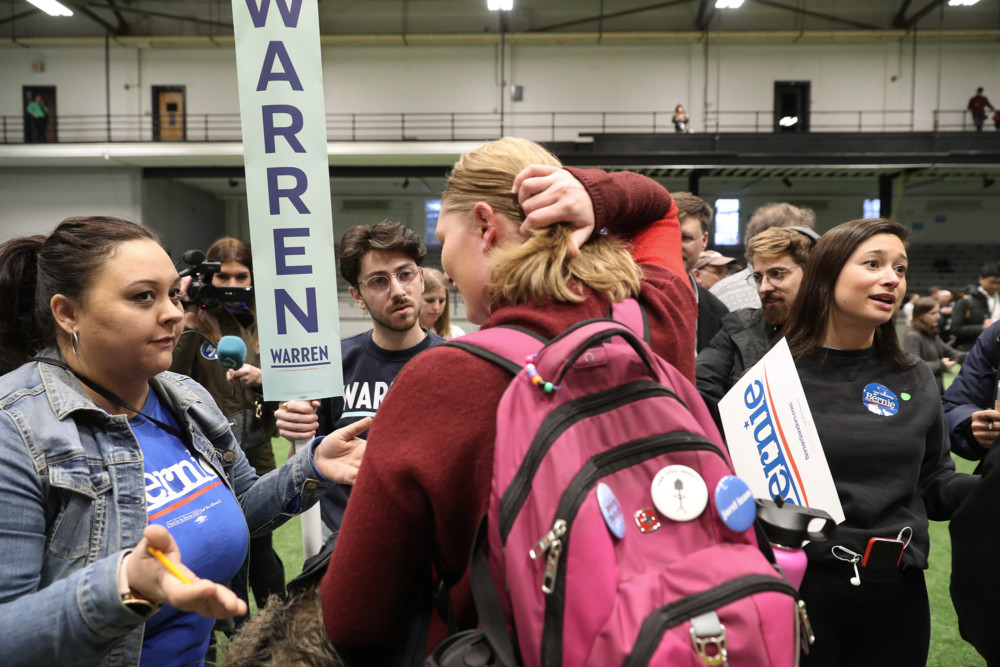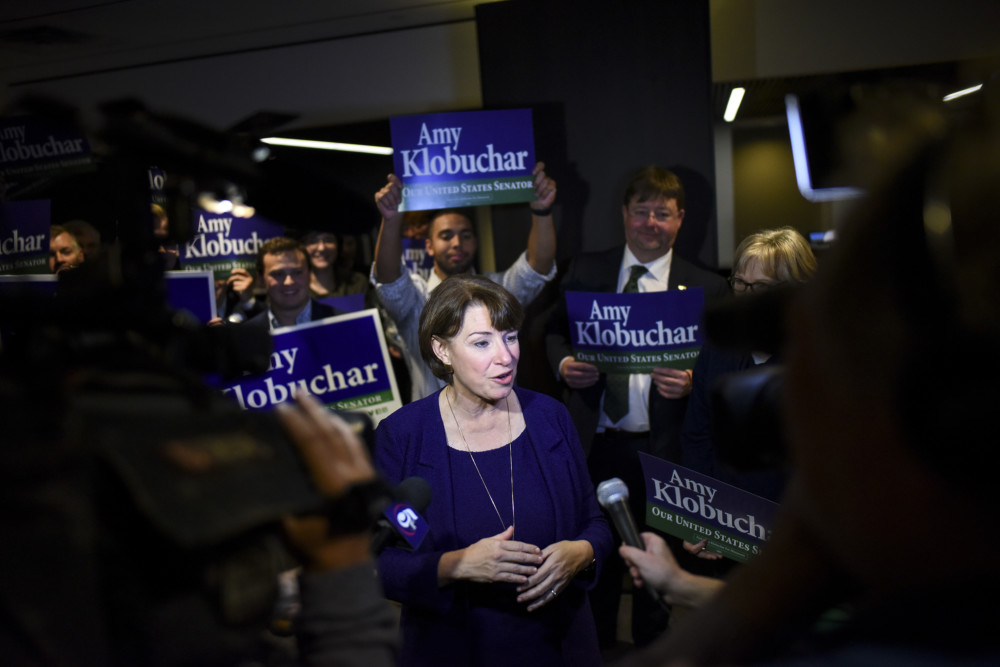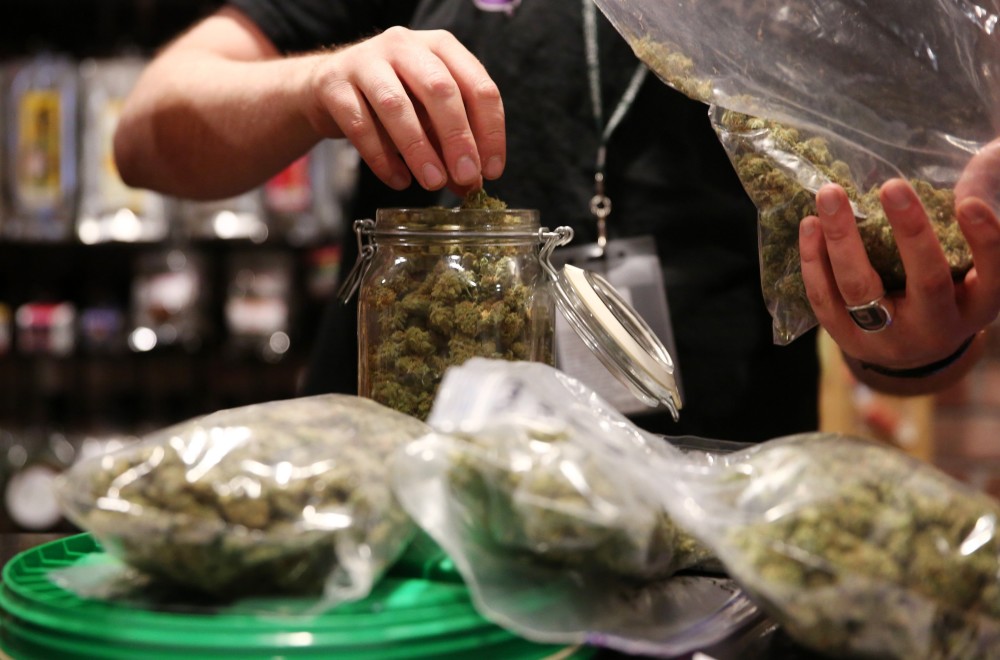By Jeff Bercovici and Melanie Mason
Los Angeles Times
WWR Article Summary (tl;dr) According to a Democratic Party Chair in Iowa, the app left many precincts unable to report their results digitally, which left the state party overwhelmed.
Los Angeles Times
An app created by a tech firm run by veterans of Hillary Clinton’s 2016 presidential campaign is taking heat for the unprecedented delay in reporting Democratic caucus results from Iowa.
Results from Monday’s caucuses could not be transmitted to Iowa party headquarters, and state Democratic Party Chairman Troy Price blamed the problem on a coding error. “While our plan is to release results as soon as possible today, our ultimate goal is to ensure that the integrity and accuracy of the process continues to be upheld,” he said in a statement Tuesday morning.
Confusion among caucus organizers over how to use the app also seemed to contribute to the problem.
The firm behind the app reportedly is Shadow, an affiliate of ACRONYM, a Democratic nonprofit founded in 2017 “to educate, inspire, register and mobilize voters,” according to its website.
Shadow started out as Groundbase, a tech developer co-founded by Gerard Niemira and Krista Davis, who worked for the tech team on Clinton’s campaign for the 2016 Democratic nomination.
Niemira had previously worked at kiva.org, a nonprofit that makes loans to entrepreneurs and others in the developing world, and Davis had spent eight years as an engineer at Google. ACRONYM’s founder and CEO is Tara McGowan, a former journalist and digital producer with President Barack Obama’s 2012 presidential campaign.
Designed to modernize a system that relied on precinct chairs phoning in their results, Shadow’s caucus app was seen as “a potential target for early election interference,” according to the Des Moines Register.
Instead, a different problem arose.
“We found inconsistencies in the reporting of three sets of results. In addition to the tech systems being used to tabulate results, we are also using photos of results and a paper trail to validate that all results match and ensure that we have confidence and accuracy in the numbers we report,” Iowa Democratic Party communications director Mandy McClure said in a written statement released late Monday night.
“This is simply a reporting issue, the app did not go down and this is not a hack or an intrusion. The underlying data and paper trail is sound and will simply take time to further report the results.”
Shadow did not immediately reply to an email seeking comment.
ACRONYM acquired Shadow in January 2019 to function as its tech-development arm. “When a light is shining, Shadows are a constant companion,” its website says. “We see ourselves as building a long-term, side-by-side ‘Shadow’ of tech infrastructure to the Democratic Party and the progressive community at large.”
In a statement late Monday night, ACRONYM distanced itself from Shadow, saying it was not a tech provider and did not have any information about what went wrong in Iowa.
In an interview with NPR in January, Price declined to say whether the app had been tested for vulnerabilities by any independent experts, suggesting the secrecy around it helped to keep it secure from cyberattacks. The state party subsequently told the Des Moines Register it had been independently tested.
The state Democratic parties of Iowa and Nevada each paid around $60,000 to Shadow, according to Federal Election Commission disclosures. Nevada’s Democratic caucuses are set for Feb. 22.
Back in Iowa, Dallas County Democratic Party Chair Bryce Smith told the Los Angeles Times that the app left many precincts unable to report their results digitally, which left the state party overwhelmed.
“I have people who have been on hold for 20, 30, 40 minutes” with the state party, Smith said.
The long hold times could have been due to other caucus organizers using the phone as their primary means to communicate the results.
“A lot of people didn’t even load the app because it’s such a pain,” said John Grennan, co-chairman of Iowa’s Poweshiek County Democratic Party.
There were signs of trouble with the app even before Monday night. Opportunities to train on the app in advance of caucus night did not bode well, Grennan said.
“They had all these issues,” he said. “We were supposed to be getting invitations to use it. The invites would never arrive.” The communications he did receive were confusing, he said.
When the big night came, Grennan, who was running the caucus site at Grinnell College, said the app appeared to be working as he input results, but he couldn’t tell with certainty.
“I kept getting kicked off,” Grennan said, adding that the app would reset if stopped part-way through. He decided to call the party’s hotline with a question, but after nearly half an hour on hold, he gave up. “I’m 90% sure it went through (on the app). I’ll have to work under the assumption that if it’s not there, they’re going to call me.”
Among Shadow’s clients is Pete Buttegieg’s presidential campaign, which paid $42,500 to the firm in July 2019 for “software rights and subscriptions,” according to disclosures to the FEC. A spokesman for the campaign says the payment was for a service used to send text messages to voters. The campaigns of Joe Biden and Kirsten Gillibrand, who withdrew from the race last year, also made smaller payments to Shadow.
___
Distributed by Tribune Content Agency, LLC.

















































































































































































































































































































































































